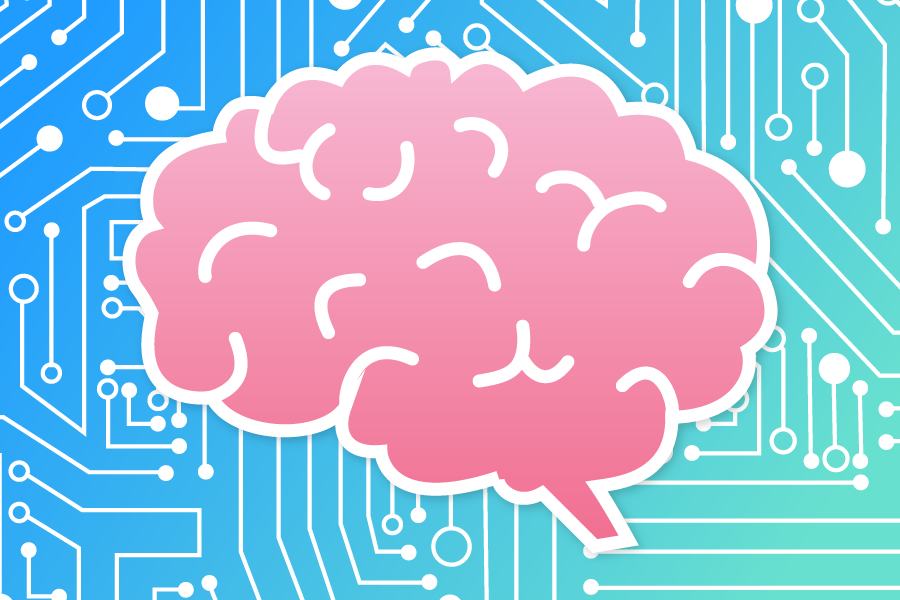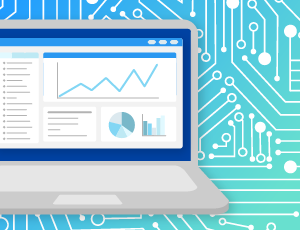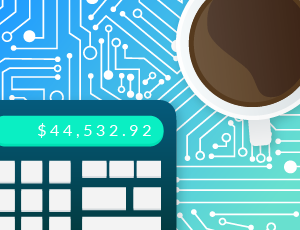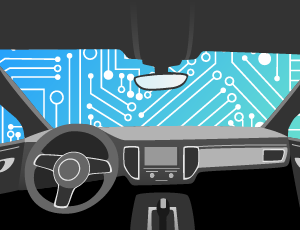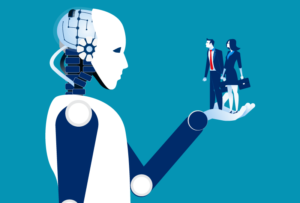[fusion_builder_container hundred_percent=”no” hundred_percent_height=”no” hundred_percent_height_scroll=”no” hundred_percent_height_center_content=”yes” equal_height_columns=”no” menu_anchor=”” hide_on_mobile=”small-visibility,medium-visibility,large-visibility” class=”” id=”” background_color=”” background_image=”” background_position=”center center” background_repeat=”no-repeat” fade=”no” background_parallax=”none” enable_mobile=”no” parallax_speed=”0.3″ video_mp4=”” video_webm=”” video_ogv=”” video_url=”” video_aspect_ratio=”16:9″ video_loop=”yes” video_mute=”yes” video_preview_image=”” border_size=”” border_color=”” border_style=”solid” margin_top=”” margin_bottom=”” padding_top=”” padding_right=”” padding_bottom=”” padding_left=””][fusion_builder_row][fusion_builder_column type=”1_1″ layout=”1_1″ spacing=”” center_content=”no” link=”” target=”_self” min_height=”” hide_on_mobile=”small-visibility,medium-visibility,large-visibility” class=”” id=”” background_color=”” background_image=”” background_position=”left top” background_repeat=”no-repeat” hover_type=”none” border_size=”0″ border_color=”” border_style=”solid” border_position=”all” padding=”” dimension_margin=”” animation_type=”” animation_direction=”left” animation_speed=”0.3″ animation_offset=”” last=”no”][fusion_text]
It’s clear that a revolution has begun. KPMG is working with IBM’s Watson, PwC uses AI-fueled sprints to rapidly develop working models for clients, and Deloitte has an in-house innovation team that focuses the majority of its time on AI. (Source.) As the biggest names in accounting demonstrate, AI is becoming an essential tool in the accounting profession.
Of course, discussions of AI always bring up the specter of job replacement and loss—accountants worry about the potentially monumental change AI will bring to their day-to-day jobs. Will they keep their jobs? Will they need to learn entirely new skills to stay relevant?
The answer is yes and no—AI will eliminate some jobs but create others; it will supercharge results and yet require accountants to gain new skills. And while AI is certainly powerful, it has a long way to go before it’s capable of replacing human judgment.
Accountants need to embrace AI and the opportunities it offers to deliver better outcomes, reshape roles, and make accountants better at accounting.
[/fusion_text][fusion_separator style_type=”none” hide_on_mobile=”small-visibility,medium-visibility,large-visibility” class=”” id=”” sep_color=”” top_margin=”25px” bottom_margin=”” border_size=”” icon=”” icon_circle=”” icon_circle_color=”” width=”” alignment=”center” /][fusion_text]
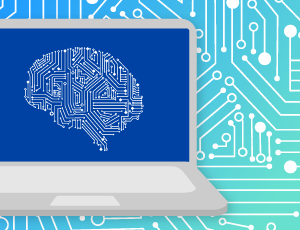
What is AI?
AI technology draws upon vast databases to process information, make decisions, and change its behavior based on those decisions. Essentially, AI is technology that allows computers to learn and problem-solve.
The two most important forms of AI for accounting are natural language processing (NLP) and machine learning. NLP allows computers to process and understand written and spoken language, while machine learning allows computers to learn and become better and better at a specific task.
[/fusion_text][fusion_separator style_type=”none” hide_on_mobile=”small-visibility,medium-visibility,large-visibility” class=”” id=”” sep_color=”” top_margin=”25px” bottom_margin=”” border_size=”” icon=”” icon_circle=”” icon_circle_color=”” width=”” alignment=”center” /][fusion_text]
What can AI do?
At its core, AI is just another tool that accountants can use to better serve their clients. It shouldn’t be adopted just for the sake of nominal innovation; it should be deployed in thoughtful, constructive ways to make accountants better at accounting.
According to a 2017 report from ICAEW, AI brings three major benefits to accounting:
- Supplies cheaper and higher-quality data for making decisions
- Analyzes data and delivers fresh findings
- Gives accountants more time for essential tasks like “decision-making, problem solving, advising, strategy development, relationship building, and leadership”
In addition to these benefits, AI has many practical applications for accountants. NLP allows computers to read and process vast quantities of contracts, deeds, or leases to pull out essential information, a task that would take humans weeks or months but that AI completes in a fraction of the time. Machine learning allows computers to forecast revenue and detect and even predict fraud. And of course, AI can rapidly analyze large data sets and fuel automation of basic accounting tasks.
As technology improves, AI’s applications will continue to evolve and reshape the landscape of the accounting profession.
But there’s an important caveat underlying all this innovation: AI can’t (and some argue won’t) replace human judgment. In fact, many experts take issue with the term “artificial intelligence” itself; they argue that the sophisticated capabilities implied by the term are so far removed from today’s AI models that it shouldn’t be used at all. In that vein, it’s important to remember that current AI models have limits—limits that the human brain and experience can fill.
It’s true that AI has certain advantages over humans—speed, accuracy, and the inability to fall asleep or get bored. AI can spot fainter or more complicated patterns than humans and process unimaginable quantities of data. But it can’t grapple with moral questions, listen to and understand a client’s needs and hopes, or use intuition in decision-making. These are essential human qualities that aren’t in danger of being replaced any time soon. Indeed, many experts believe that the most productive use of AI will be in tandem with human intelligence and experience to produce data-driven and yet nuanced outcomes.
AI can give us the numbers, but it can’t always give us the best decisions. We need trained professionals to step in and make the final call.
[/fusion_text][fusion_separator style_type=”none” hide_on_mobile=”small-visibility,medium-visibility,large-visibility” class=”” id=”” sep_color=”” top_margin=”25px” bottom_margin=”” border_size=”” icon=”” icon_circle=”” icon_circle_color=”” width=”” alignment=”center” /][fusion_text]
What does AI mean for accountants?
As the use of AI in accounting increases, it’s more and more likely that the majority of accountants will need to have at least a basic understanding of or literacy in AI.
Like with any other tool or piece of technology, accountants will need to learn how to pair their own judgment with the tool itself. Accountants will need to gain skills in data science in order to review, assess, and integrate the results and outcomes derived from AI. AI won’t be effective if it’s simply allowed to run on its own; people will be needed to oversee, audit, and guide AI models in order to recognize when something is wrong.
Of course, there will be different levels of familiarity with AI needed. Some accountants will work directly with data, preparing it for processing by AI. Some accountants may migrate into roles that involve very close contact with AI—maybe setting up or testing AI models themselves. These accountants will need deep knowledge in machine learning, data analytics, and business awareness. But other accountants will only need a cursory knowledge of AI, maybe to act as mediators or interpreters between the results of an AI model and their client. They won’t need to know the nitty-gritty of how AI works, only how to apply its outcomes. And many accountants will need to learn how to frame the results of AI and then incorporate those results into concrete actions in the business.
These examples are only a small slice of the different jobs that will be generated by AI, but they represent just how monumental the shift will be in the accounting profession. Instead of number-crunching or data processing, skills like critical thinking, communication, and data analysis will become paramount.
Many accountants fear the change that’s coming, and their concerns are not without reason. AI will rattle the accounting profession and require accountants to learn new skills. To keep up with the change, accountants will need to make an effort to understand AI and its applications. With the right attitude and tools, accountants can transform themselves into future-ready professionals with a solid understanding of AI.
[/fusion_text][fusion_separator style_type=”none” hide_on_mobile=”small-visibility,medium-visibility,large-visibility” class=”” id=”” sep_color=”” top_margin=”25px” bottom_margin=”” border_size=”” icon=”” icon_circle=”” icon_circle_color=”” width=”” alignment=”center” /][fusion_text]
What does AI mean for firms?
Accounting firms need to be ready to embrace change too, but the question of how to adopt and implement AI is a complicated one. Should firms contract with AI companies, or build their own AI team? How much should firms invest in AI?
AI may be out of reach for small firms for the moment. It costs money to acquire the huge, high-quality databases required for machine learning, and it costs money to buy the advanced hardware with the processing power needed to fuel AI. However, the good news is that AI is getting cheaper and cheaper as the technology improves. In the meantime, small firms that want to use AI can focus on lowering their overall costs through automation—a long-term investment that will eventually pay off.
For larger firms, AI is an opportunity to experiment and innovate. What trends can AI discover? Can AI help detect problems before they happen? How can you best use AI to extract the most useful information and insights for clients? In many cases, firms use AI to automate tasks that take hours or even weeks or months, freeing accountants to focus on more essential tasks.
However firms use AI, it’s clear that it’s the way of the future. The firms that don’t adopt AI are the ones that will eventually be left behind, unable to deliver the same advice, strategy, and decision-making as their competitors.
[/fusion_text][fusion_separator style_type=”none” hide_on_mobile=”small-visibility,medium-visibility,large-visibility” class=”” id=”” sep_color=”” top_margin=”25px” bottom_margin=”” border_size=”” icon=”” icon_circle=”” icon_circle_color=”” width=”” alignment=”center” /][fusion_text]
The horizon ahead
At its core, accounting is about giving clients sound advice and helping them make good decisions. As we look ahead to the future of AI, the technology should be used to support those core goals and make accountants better at accounting. Humans working alongside AI will deliver previously unimaginable results and transform how accountants accomplish the fundamental goals of accounting. With an eye on the horizon ahead and a willingness to learn, accountants today can prepare to become the accountants of tomorrow.
[/fusion_text][/fusion_builder_column][/fusion_builder_row][/fusion_builder_container]

